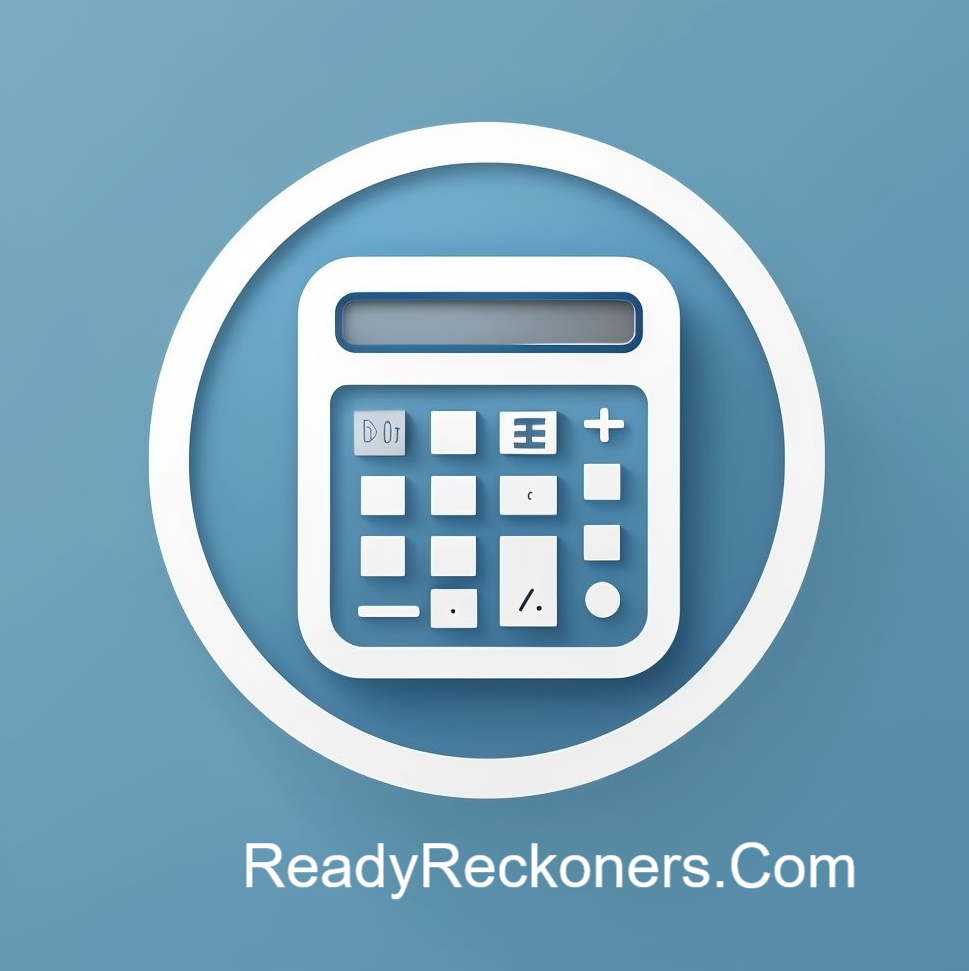
Property Information
Mortgage Details (Optional)
Income
Additional Income Sources
Expenses
Additional Expenses
Calculation Results
Amortization Schedule
| Year | Beginning Balance | Payment | Principal | Interest | Ending Balance |
|---|
Understanding Rental Yield Terms
5 Smart Tips for Rental Property Investing
Maximizing Your Rental Property Returns: A Comprehensive Guide
Investing in rental properties has long been considered one of the most reliable paths to building wealth and generating passive income. However, success in the rental market isn't simply about buying a property and finding tenants—it requires careful planning, strategic decision-making, and ongoing management to maximize returns while minimizing risks.
Understanding rental yield is fundamental to making sound investment decisions. This metric, expressed as a percentage, represents the return on your investment relative to the property's cost. While gross rental yield provides a quick assessment of a property's potential, net rental yield—which accounts for all expenses—offers a more accurate picture of profitability.
When evaluating potential investment properties, experienced landlords consider multiple factors beyond the purchase price. Location remains paramount, with properties in growing neighborhoods, good school districts, and proximity to employment centers typically commanding higher rents and experiencing better appreciation over time. Additionally, the property's condition, age, and potential for value-adding improvements all play crucial roles in determining long-term profitability.
Financing structure significantly impacts rental property returns. While leveraging mortgage financing allows investors to control more valuable assets with less capital, it's essential to secure favorable interest rates and terms. A lower interest rate can substantially increase cash flow and improve overall returns. Many successful investors maintain a loan-to-value ratio that optimizes tax benefits while ensuring positive monthly cash flow even during vacancy periods.
Effective expense management is another critical component of maximizing rental yields. Property taxes, insurance, maintenance costs, property management fees, and vacancies all erode returns if not carefully managed. Setting appropriate rent levels requires balancing market competitiveness with profitability goals. Pricing too high may lead to extended vacancies, while pricing too low leaves money on the table and potentially attracts less responsible tenants.
Tax advantages represent one of the most significant benefits of rental property ownership. Depreciation, mortgage interest, property taxes, insurance premiums, maintenance expenses, property management fees, and professional services are typically tax-deductible. Strategic investors work closely with tax professionals to legally maximize these benefits while planning for eventual property disposition.
Tenant selection and retention deserve careful attention, as turnover can be one of the largest expenses landlords face. Thorough screening processes help identify reliable, long-term tenants, while responsive management and reasonable rent increases encourage renewals. Many successful landlords find that maintaining properties in excellent condition and addressing maintenance issues promptly leads to higher tenant satisfaction and retention.
Scaling a rental property portfolio requires a systematic approach. Rather than simply accumulating properties, strategic investors develop criteria for acquisition and divestment. They continually analyze each property's performance against market alternatives and aren't afraid to sell underperforming assets to reinvest in more promising opportunities.
Technology has transformed rental property management, offering landlords tools to streamline operations from tenant screening to rent collection. Property management software, digital payment platforms, and maintenance coordination apps can reduce administrative burden while improving tenant experience.
Finally, successful rental property investors recognize the importance of staying informed about market trends, regulatory changes, and economic indicators that might impact their investments. By combining diligent research with disciplined financial analysis and proactive management, property owners can maximize rental yields and build sustainable wealth through real estate.
